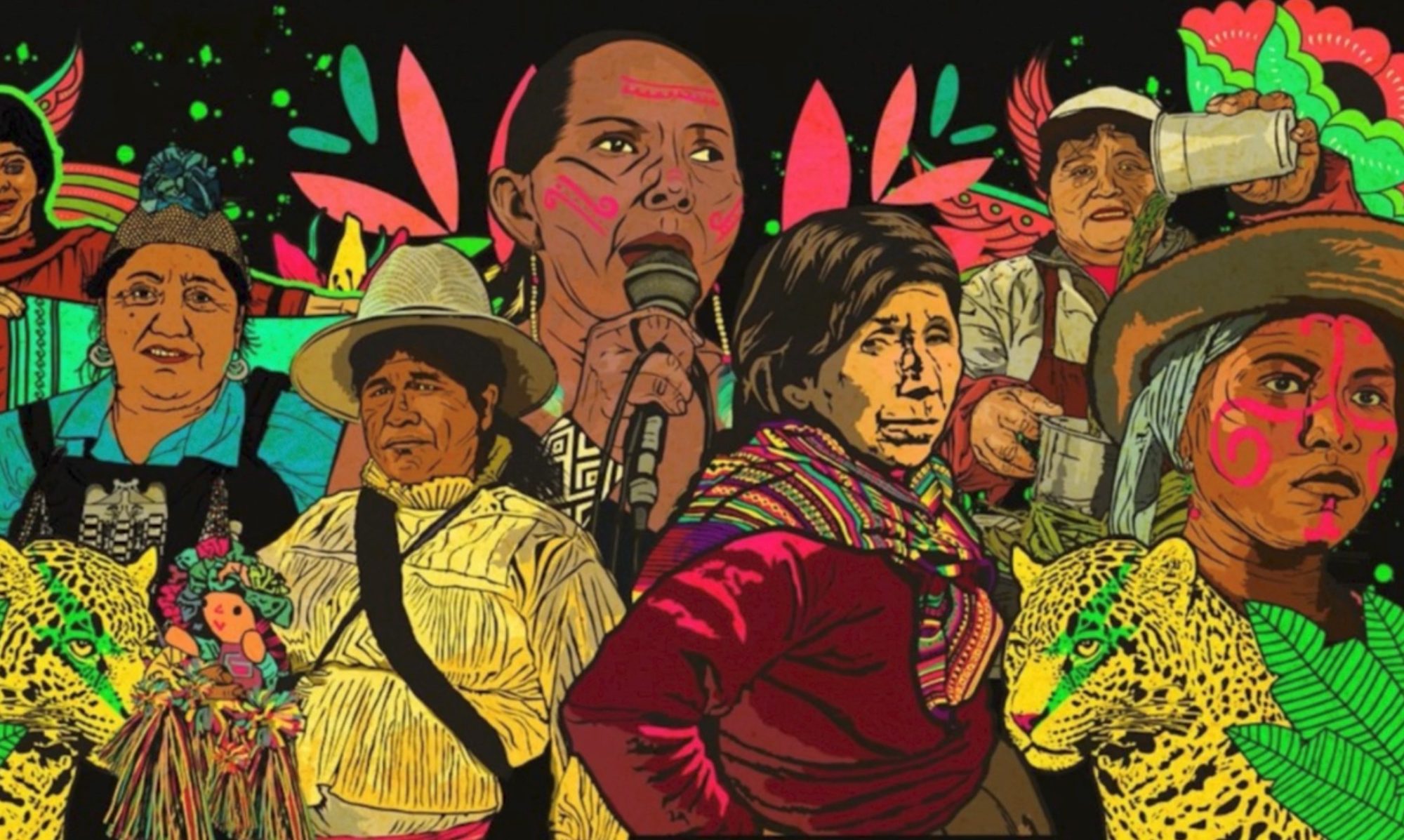Okafor’s Law and Nigerian Masculinity
by Bryant Johnson
Nigeria’s film industry, colloquially referred to as Nollywood, has exploded in popularity since the turn of the century, and has arguably been a contributing factor in the country’s simultaneous economic growth during the same period. (Onishi) But as Nigeria emerges as a major entertainment and media market, more attention is being paid to what values or beliefs Nigerian popular culture transmits.
Nigeria, like most countries, has a problem with sexism. Women are generally expected to be subordinate housewives and not pursue career opportunities, and women who do work career jobs are often chastised and harassed. (Anyangwe) There is also a culture of toxic masculinity and patriarchy, which permeates Nigerian society. Historian Ndubueze Mbah contends in his book Emergent Masculinities that modern concepts of masculinity in Nigeria are largely the result of the Atlantic Slave Trade. The development of the West African slave economy, Mbah argues, elevated the traditionally male institution of warfare into the most important social system, thus diminishing the value of women’s roles such as agriculture. (98-112) Regardless of where this how this culture emerged, it is certainly reflected in Nigerian media. British-Nigerian feminist Biyi Adeleye-Fayemi wrote in 1994 that popular culture in Nigeria has failed to “facilitate a progressive agenda for Nigerian women”, and has instead only reinforced patriarchy. Adeleye-Falemi was referring to music in her piece but her critique applies to film as well, as subsequent scholarly studies have found that most Nollywood movies still portray women mostly as sex objects or housewives. (Aromona, 47-48)
Omoni Oboli’s Okafor’s Law (2016) is a biting satire of toxic masculinity, portraying a misogynistic, womanizing protagonist named Chuks who is slowly emasculated throughout the course of the film. He uses his charms (and deceit) to entice multiple women to have sex with him, but is humiliated and rejected by all of them after his philandering ways are exposed. Oboli conceived of the film after having a conversation with her male friends about sex and relationships. The film, despite ostensibly being a comedy flick, has a lot to say about the state of sexual relations not just in Nigeria, but in the wider world.
Works Cited
- Adeleye-Fayemi, Bisi. Gender, Sexuality, and Popular Culture in Nigeria. University of Michigan Publishing, 1994.
- Mbah, Ndubueze L. Emergent Masculinities: Gendered Power and Social Change in the Biafran Atlantic Age. Ohio University Press, 2019.
- Omishi, Norimitsu. “Nigeria’s Booming Film Industry Redefines African Life.” New York Times, 18 Feb. 2016.
